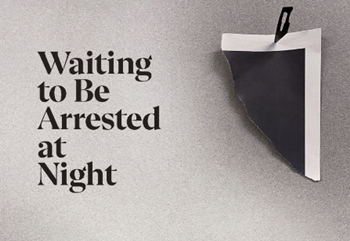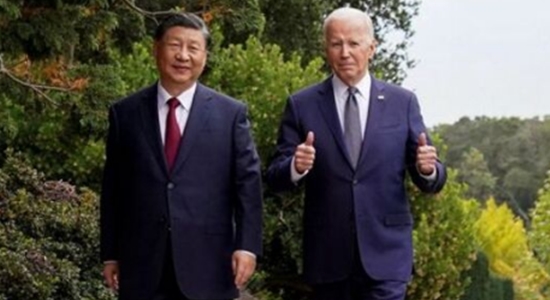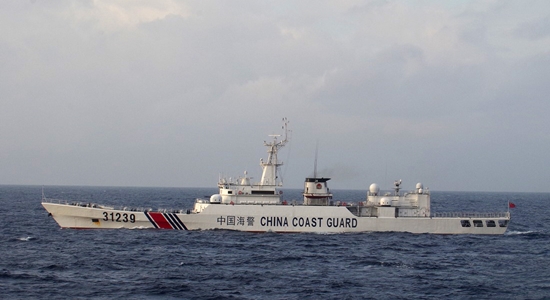
The poet Tahir Hamut Izgil “did not set out to be a political activist,” notes Kenan Malik in his review of Izgil’s memoir, Waiting to Be Arrested at Night (The Guardian, August 14, 2023).
Despite the subtitle of the book—“A Uyghur Poet’s Memoir of China’s Genocide”—there are no depictions here of genocide, or of torture, or even of violence. . . . The book’s restraint is also its strength. The tension in the narrative flows from the dread captured in the title—the dread of waiting to be arrested, to be vanished into detention, a dread no Uyghur can escape.
Beijing’s strategy has been, over the past decade, to cut Uyghurs off from the rest of the world and from one another, too. When censorship and surveillance made it impossible to link to the Internet beyond the Chinese firewall, many Uyghurs took to keeping in touch with the outside world through shortwave radios. Until, that is, the government banned the sale of such radios and organized mass raids into people’s homes to confiscate them.
“We suddenly found ourselves living like frogs at the bottom of a well,” Izgil observes.
The greatest dread is of the physical repression wreaked upon Uyghurs: mass detentions, torture, violence. We get a glimpse of the horror when Izgil and his wife, Marhaba, attend a police station to have their biometric details collected—fingerprints, blood samples, facial scans. Along a basement corridor, they see a cell fitted out with iron restraints and a notorious “tiger chair,” used to force detainees into agonizing stress positions. On the floor are bloodstains.
Especially during the last several years, emigration by Uyghurs has been tightly restricted, with the Chinese authorities holding on to the Uyghurs’ passports. Tahir and his wife are among the fortunate few who have been able to leave China, which they accomplished by claiming to seek medical treatment for a daughter that, as bribed doctors attested, was available only overseas.
Part of the cost of winning asylum in the United States is an unjustified feeling of survivor’s guilt. “While we know the joy of those lucky few who boarded Noah’s ark, we live with the coward’s shame hidden in that word ‘escape.’ ”





